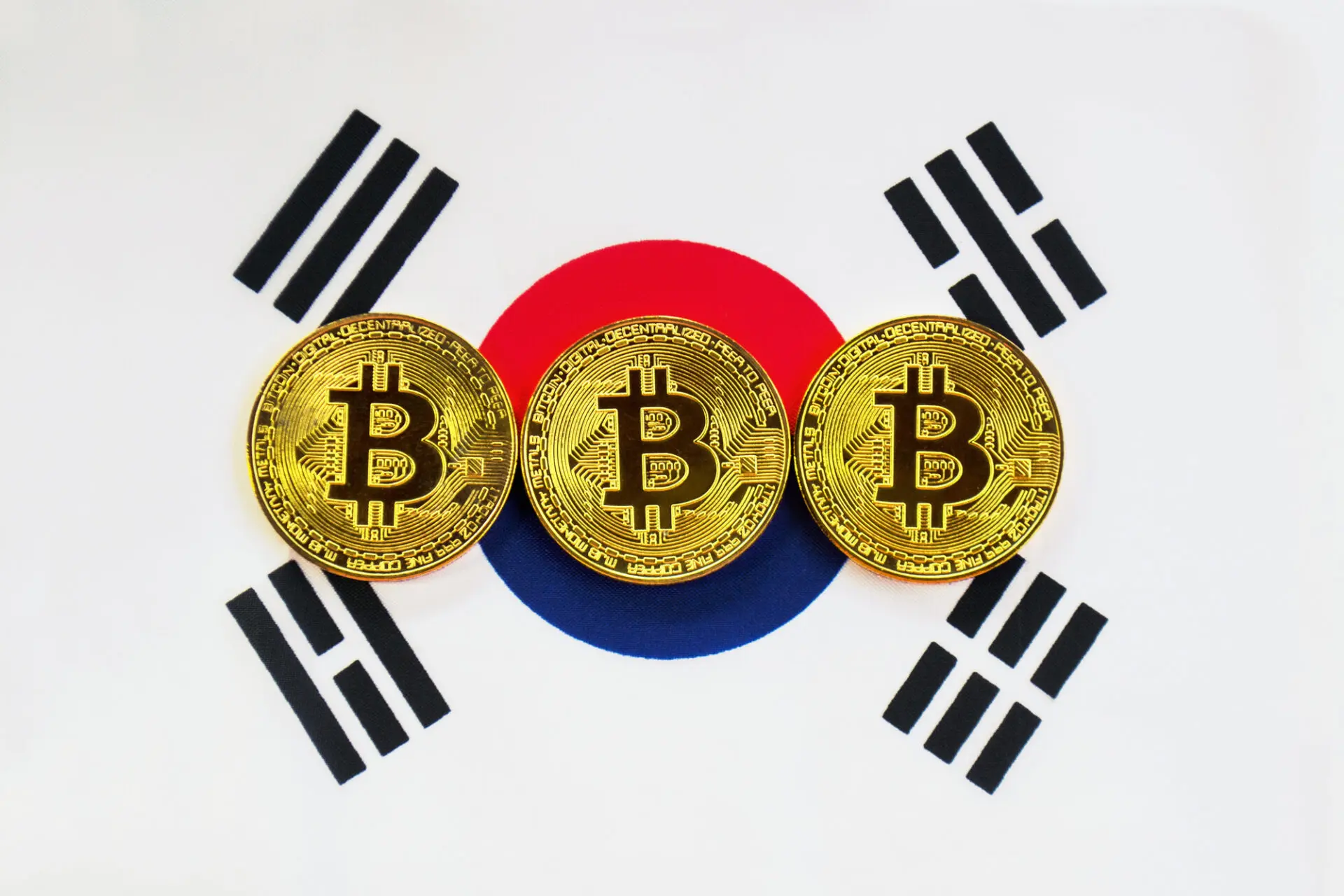Leggi questo articolo in Italiano

Bitcoin: BTC spot ETFs soon in South Korea?
By Davide Grammatica
South Korea's Financial Services Commission (FSC) is reportedly reevaluating the current ban on Bitcoin spot ETFs

ETFs expanding in South Korea?
In South Korea, the Financial Services Commission (FSC), or the country’s top financial regulator, is reportedly considering a lifting of the current ban weighing onBitcoin spot ETFs .
At issue, according to local news outlet News1, is the possibility that the products could be available at least to institutional clients through authorized exchanges, a fact that would allow the ETF market to expand significantly on Asian soil.
The ball, at this time, is in the hands of a new FSC cryptocurrency committee, an advisory group elected specifically to discuss digital asset policies and guide the development of the sector under government auspices.
The optimism around this possibility is rooted in the government itself, with the ruling party having promised as early as last May (at election time) the opening to listings of BTC spot ETFs. In the country, by the way, institutions do not even to this day have the ability to open trading accounts on authorized cex.
New prospects for the crypto market in Korea
The whole thing also assumes importance because of the weight the South Korean crypto market assumes in global terms. ETFs would appeal to a wide audience, and would contribute significantly to the development of products in the Asian mainland, now relegated almost exclusively to Hong Kong.
They would also allow for the reshaping of a hierarchy among crypto service providers in the country now dominated by Upbit. A dominance deemed “excessive” by the FSC itself, which also highlighted the risk derived from a cex market share that reached as high as 80 percent during the year.
Upbit, which relies on K-bank for the safekeeping of user deposits, would even jeopardize the bank’s planned IPO. The cex deposits would make up 20 percent of K-bank’s totals, and for the FSC this would be a critical issue.


